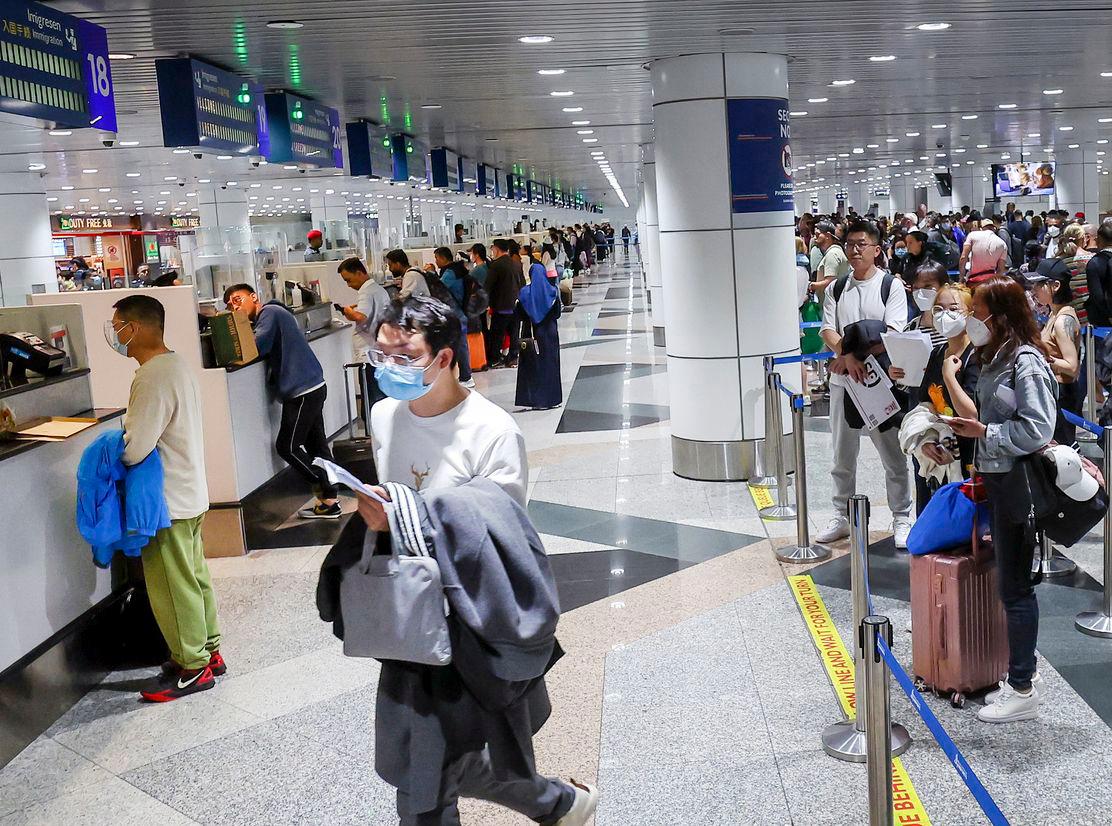PETALING JAYA: The recent arrest of an immigration officer suspected of aiding a counter setting syndicate, along with the dismissal of 26 enforcement officers last year for corruption at the country’s entry points, has prompted experts to call for stricter disciplinary action and urgent reforms to plug security loopholes.
Alliance for a Safe Community chairman Tan Sri Lee Lam Thye said the cases underscore a critical vulnerability in Malaysia’s border security, namely internal corruption, as the collusion between enforcement personnel and criminal syndicates poses a direct threat to national security.
“Undocumented migrants could easily exploit these weaknesses, undermining the integrity of the entire immigration system. This not only facilitates illegal activities, but also erodes public trust.”
He said recurring corruption cases underscore the urgent need for structural reforms and tighter oversight at the country’s entry points while independent oversight bodies should conduct impartial investigations and provide innovative recommendations for system improvements.
“Current integrity screening and monitoring systems are inadequate. While CCTV is helpful, it is insufficient. Strengthened measures are needed,” he said.
He also emphasised the importance of introducing advanced technologies such as data analytics, biometrics and enhanced surveillance to detect threats, adding that regular audits are vital to uncover and fix vulnerabilities.
“This is not the first time such misconduct has happened and it risks damaging the reputation of the Immigration Department.
“Those implicated must face stern action, the loopholes must be plugged and the syndicate should be thoroughly investigated so that all responsible parties are brought to justice.”
Universiti Malaya criminologist and senior lecturer Dr Haezreena Begum Abdul Hamid said corruption remains one of the main enablers of human illegal migration, trafficking and smuggling, particularly when enforcement officers are involved.
“Corruption has always been listed as a pull factor in illegal migration, human trafficking and smuggling as officers are often lured by the extra money they could earn.
“For example, if someone is paid RM100 for each undocumented person they let through and they facilitate 20 people, that is a significant amount. For some officers without other income, this becomes an illegal ‘side business’,” she said, adding that while this does not apply to all officers, those involved should not be ignored.
Haezreena said counter setting is usually run by organised crime groups involving multiple “actors”, including immigration officers that might be stationed at counters and given partial passport details (such as the last four digits) to recognise individuals being let in, including smuggled migrants.
“Sometimes they stamp the passport but skip the second level of screening. Other times, they do not even bother verifying the documents thoroughly. These syndicates are often transnational crime groups or big gangs,” she said.
She added that the broader issue is national security as the bigger risk lies in allowing individuals to enter the country without proper documentation, which goes against our laws.
“When individuals bypass these requirements, we have no way of knowing their intentions. Some may be victims of crimes such as trafficking, and many do not even realise that they are being exploited, believing their traffickers are legitimate agents. This makes them vulnerable and others may take advantage of them.
“In doing so, we compromise our state sovereignty and expose the country to security risks. Borders are the first line of defence and the most crucial security point in any country,” she said.
She clarified that while many migrants enter through legal channels, such as airports, and typically hold passports, problems arise when syndicates manipulate the screening process or when migrants enter via backdoor routes, such as through unmanned border areas in the north.
“Our border systems are generally strong but corruption, bribery and abuse of power are hard to detect unless there is targeted monitoring,” she said.
Haezreena emphasised that while corruption does exist among a few officers, most enforcement personnel do their jobs properly.
“What is clear is that syndicates and recruiters often work with insiders, and those involved must be held accountable.”









